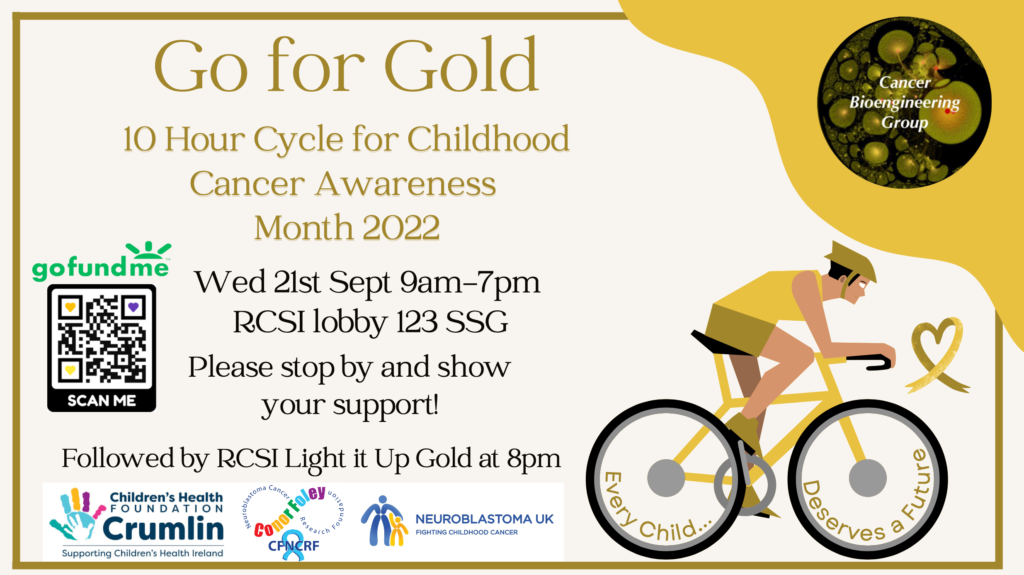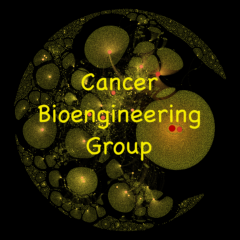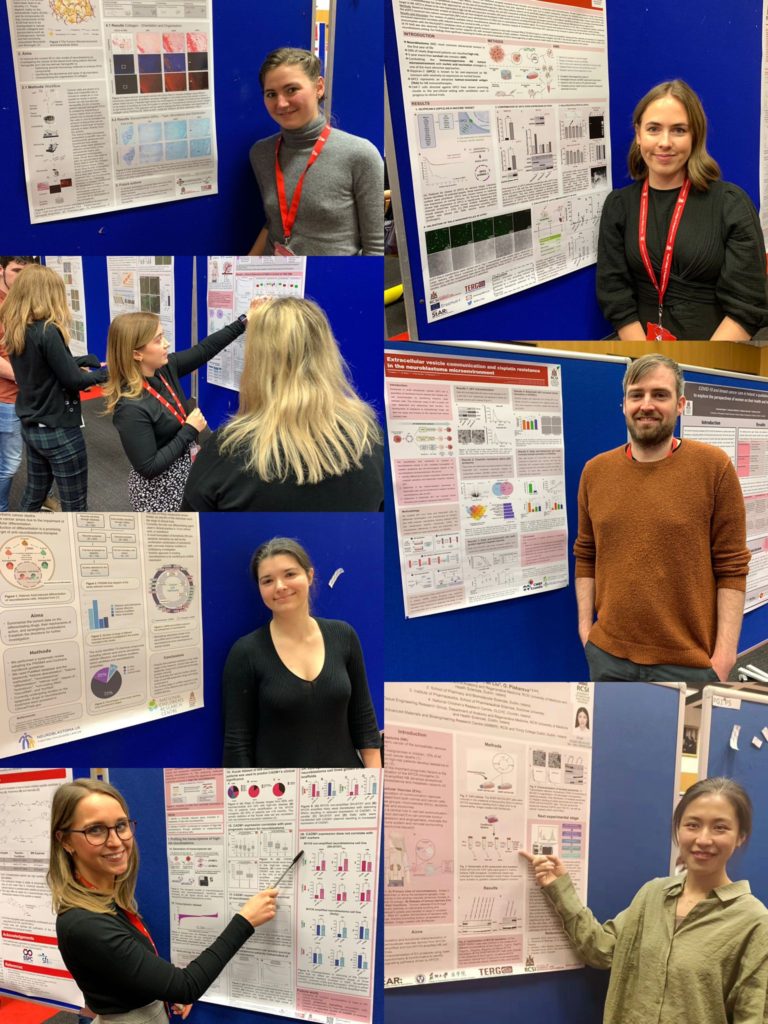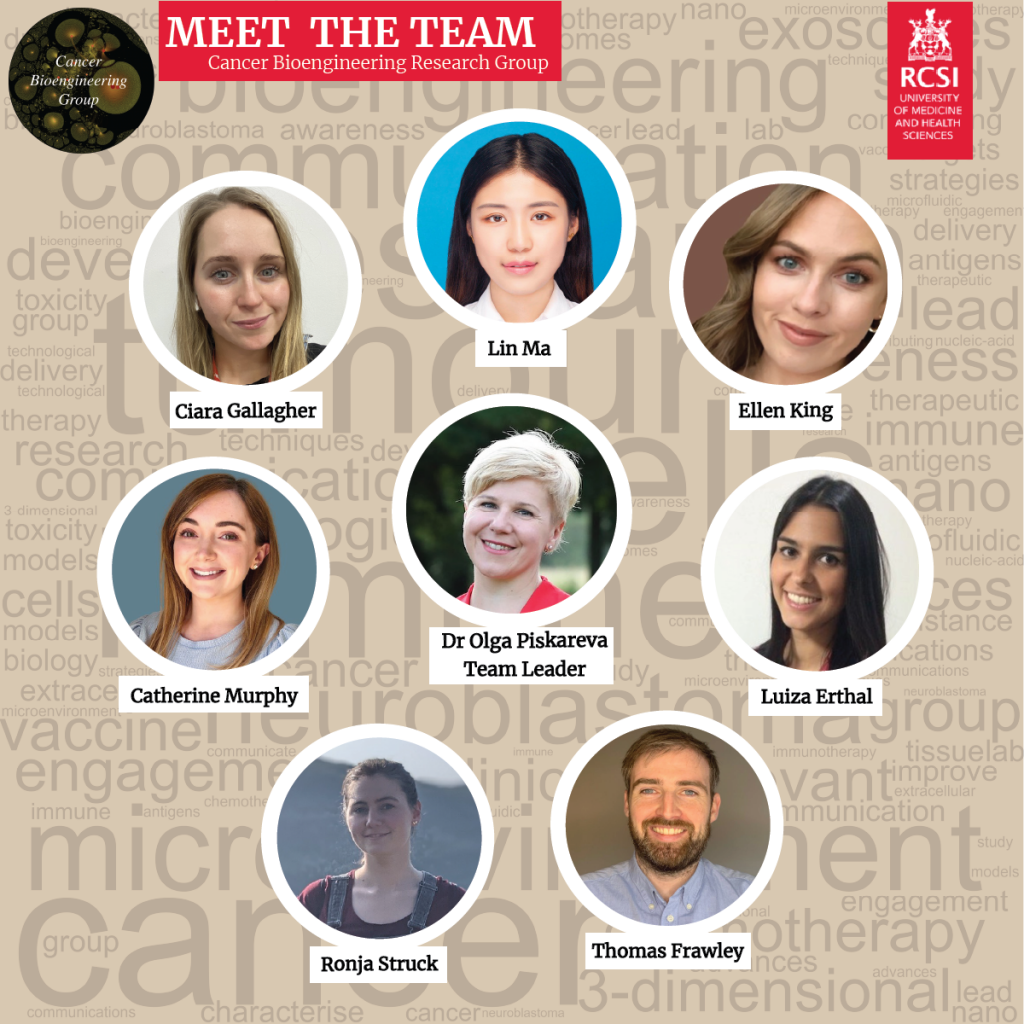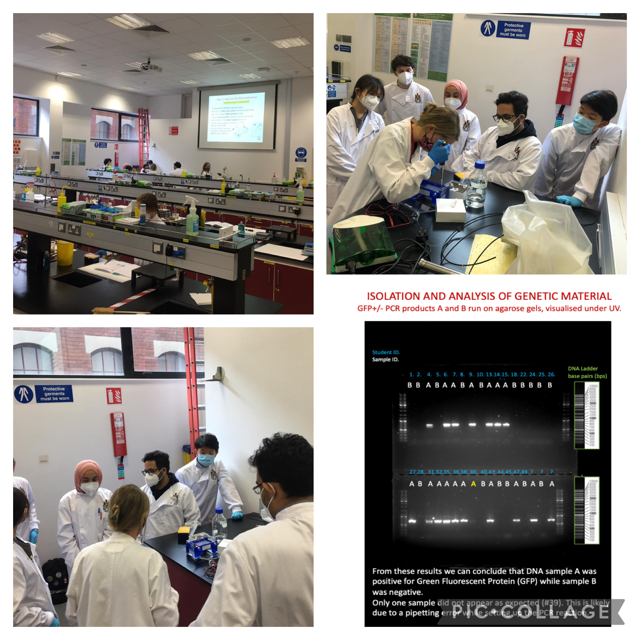We are the Cancer Bioengineering Group, and September is a very special month for us as it is Childhood Cancer Awareness Month. Childhood cancer is the 2nd leading cause of death in children after accidents. Our group researches childhood cancer neuroblastoma, a cancer of immature nerve cells. Neuroblastoma is responsible for approximately 15% of all childhood cancer deaths. Despite intensive multimodal treatment, as many as 1 in 5 children with the aggressive disease do not respond, and up to 50% of children that do respond experience disease recurrence with many metastatic tumours resistant to many drugs and more aggressive tumour behaviour that all too frequently results in death.
This is what we want to change! We believe that every child deserves a future, and our team of postgraduate researchers led by Dr Olga Piskareva is dedicated to strengthening our knowledge of this disease and identifying new potential ways to tackle it, as well as taking part in fundraising activities so our group and others can continue with this research.
On Wednesday, the 21st of September, RCSI 123 SSG will #GoGold in support of this cause. Please come by to see the RCSI building lit up and share your pictures on social media with the hashtag #ChildhoodCancerAwarenessMonth to raise awareness.
